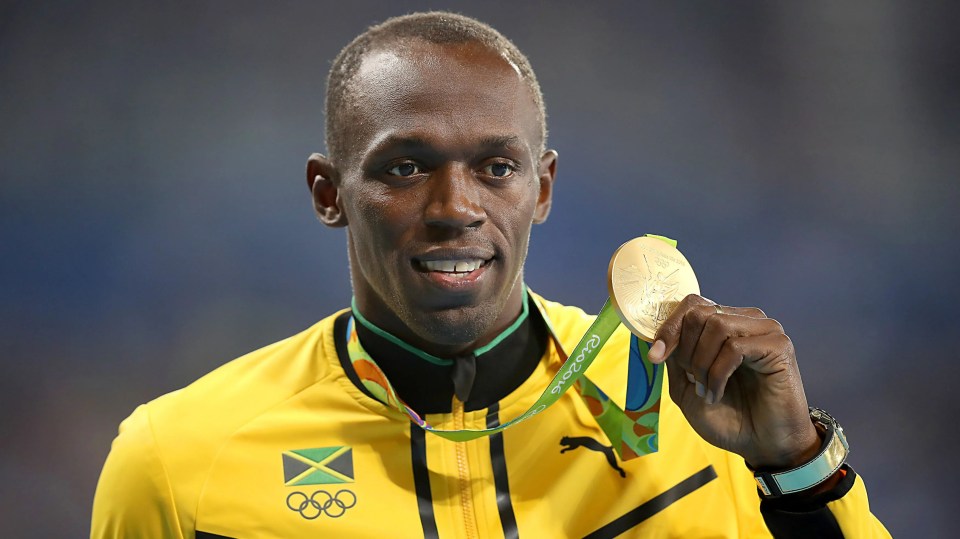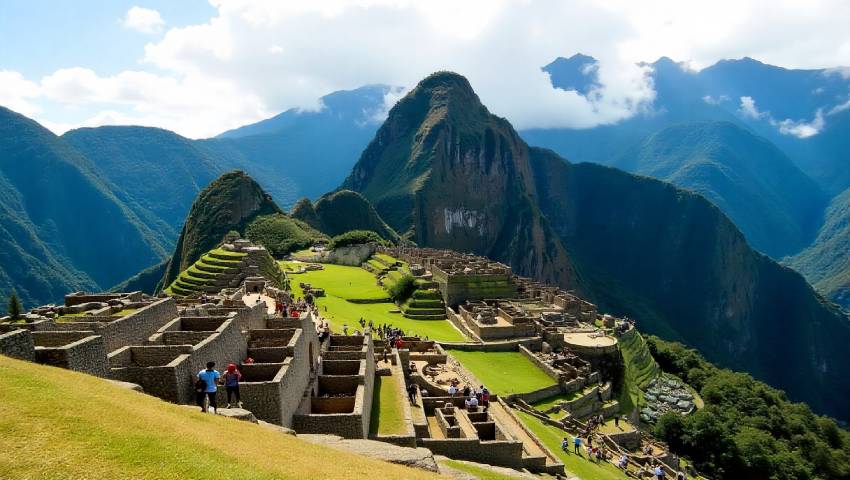Usain Bolt was far from the only athlete who claimed an Olympic gold medal on a diet fuelled by McDonald’s.
The legendary sprinter memorably broke the 100m world record at Beijing 2008 despite snubbing Chinese food for chicken nuggets.


In his 2013 autobiography, Faster than Lightning, the Jamaican wrote: “At first I ate a box of 20 for lunch, then another for dinner.
“The next day I had two boxes for breakfast, one for lunch and then another couple in the evening.
“I even grabbed some fries and an apple pie to go with it.”
Bolt’s success in Beijing clearly made him a trendsetter, as four years later, his fellow Olympians were copying his diet.
Christian Taylor claimed his first gold medal in triple jump at the 2012 London Olympics – and the American also has McDonald’s to thank.
The fast-food chain had a supersized restaurant built in Stratford for six weeks during the Games, with another in the Athletes’ Village.
During an interview with GQ in 2017, Taylor admitted: “I actually was eating McFlurries before the London Olympics, though.”
“It was my first Olympics,” the 35-year-old continued. “I was so nervous that I actually was having a lot of McFlurries while I was in the Olympic Village.
“Going into the London games, I was so strict on my diet and watching all of my calories and everything that I just had to find something that would help ground me a little bit.
“So I figured maybe a little ice cream here and there would calm my nerves down and make me feel regular again, because I was so strict going in.”



McDonald’s in the Olympic Village
The fast-food giant, which served as an International Olympic Committee partner from 1976 until 2017, was first involved with the Games in 1968.
As such, McDonald’s was the official restaurant of the Games and served complimentary food to athletes in the Olympic village.
Taylor explained: “McDonald’s is probably the most popular food source at the Village. Especially in Brazil [2016].
“The food was a little different, and so I think people wanted to play it safe.
“Also in Beijing, I was hearing so much about McDonald’s.
“McDonald’s is probably the hardest line to get into because everyone is eating there.”


What athletes ate instead at Paris Olympics
McDonald’s and the IOC ended their long-running sponsorship deal three years early in 2017, in the lead-up to the Tokyo Games.
In Paris, athletes had ‘croissant, poached egg, artichoke cream, shavings of sheep’s cheese topped with truffle’ or ‘blanquette de veau’.
Philipp Würz, Paris 2024’s head of catering, said: “20 per cent of the total number of meals that had to be delivered for the London Games came out of the McDonald’s outlet”.
“So this actually already shows you why junk food or burger food is important to the athletes.”
He added: “It’s fair to reflect that it’s a much healthier Olympics in Paris — no McDonald’s, no chicken nuggets, more healthy food.
“It’s definitely less junk food. We really try to push the quality high.

“Even the chefs’ menus have been developed with sports nutritionists, so it’s very high-level cuisine, still respecting what the athletes actually need.
“Once the competition is over, they can also just let it go and fully profit on what everything France offers best.
“We will also provide hot dogs and burgers, but not at the main dining hall — we have dedicated grab-and-go outlets where we still provide this.
“Of course, the meat is 100 per cent French origin and will be grilled in our kitchens.”


